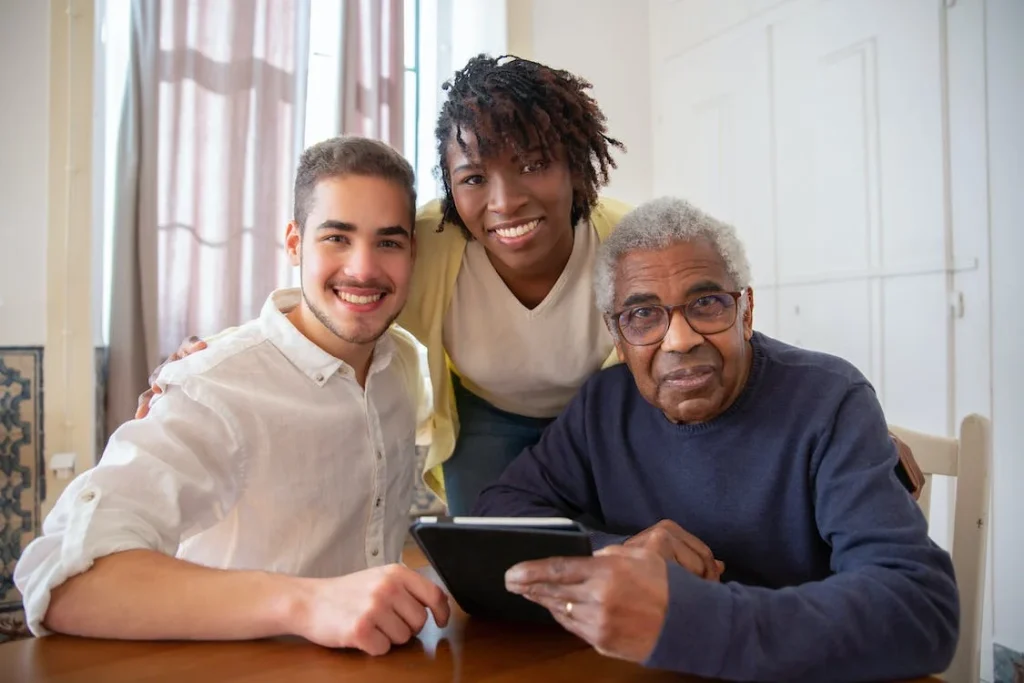
Caring for an elderly loved one is a noble and rewarding responsibility, but it can also be physically and emotionally demanding. Balancing the roles of caregiver and maintaining a healthy personal life is crucial for your overall well-being. In this blog post, we’ll explore some valuable tips to help caregivers find balance and ensure they take care of themselves while providing the best possible care for their elderly family members.
1. Acknowledge and Prioritize Your Own Needs: It’s easy for caregivers to put the needs of their loved ones before their own, often neglecting personal well-being. However, it’s essential to recognize your own needs and prioritize self-care. Make time for activities you enjoy, maintain social connections, and ensure you’re getting adequate sleep and nutrition.
2. Seek Support from Others: You don’t have to go through the caregiving journey alone. Reach out to friends, family members, or support groups who can offer assistance and a listening ear. Having a support system in place can help alleviate stress and provide valuable insights from others who have experienced similar situations.
3. Establish Clear Boundaries: Set realistic boundaries to prevent burnout. Clearly communicate your limits to family members, friends, and even the person you’re caring for. Establishing boundaries ensures that you can provide quality care without compromising your mental and physical health.
4. Take Advantage of Respite Care: Respite care is a valuable resource that allows caregivers to take a break and recharge. Whether it’s a few hours a week or a weekend getaway, respite care services offer temporary relief, allowing caregivers to focus on their own needs without compromising the quality of care their loved ones receive.
5. Schedule Regular “Me Time”: Designate specific times in your schedule for personal activities or relaxation. Whether it’s reading a book, going for a walk, or engaging in a hobby, having dedicated “me time” helps maintain a sense of individuality and reduces the risk of caregiver burnout.
6. Utilize Technology to Streamline Tasks: Explore technology solutions that can simplify caregiving tasks. From medication management apps to home monitoring devices, these tools can help streamline responsibilities and provide peace of mind, allowing caregivers to better balance their time.
Conclusion: Caring for an elderly family member is a significant responsibility, and while it’s important to provide the best care possible, it’s equally crucial to prioritize your own well-being. By implementing these tips, caregivers can find a balance between their caregiving duties and personal lives, ensuring a healthier and more sustainable caregiving journey. Remember, taking care of yourself ultimately enhances your ability to care for your loved one with compassion and dedication.

